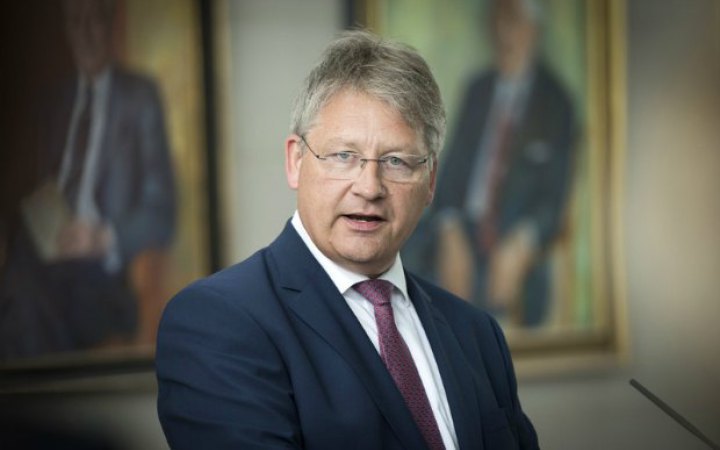Russia may attempt to provoke NATO by creating scenarios that challenge the alliance’s mutual defence commitment under Article 5, Bruno Kahl, President of Germany’s Federal Intelligence Service (BND), has warned. Failure to invoke Article 5 in such cases could jeopardise NATO’s credibility as a defence alliance, which aligns with Russia’s strategic goals, Kahl stated, as reported by Deutsche Welle.
Preparing for confrontation
Kahl believes Russia is preparing for a potential military confrontation with Western countries. However, before escalating to full-scale conflict, Moscow might focus on operations designed to sow disunity among NATO members.
According to Kahl, senior Russian officials are considering how to engineer “emergency situations” for individual NATO countries, aiming to undermine the alliance’s collective defence principle.
Possible scenarios
The BND chief cited two potential scenarios:
- Svalbard Archipelago: Russia might launch a “short-term attack” on Svalbard, exploiting its special rights on the Norwegian territory, possibly under the pretext of “territorial clearing.” Tensions have risen due to Norway’s stricter policies toward foreign nationals on the archipelago.
- Baltic States: Russia could incite conflict in the Baltic states, using the pretext of protecting Russian-speaking minorities.
Kahl emphasised that if NATO fails to respond appropriately in such situations, its unity and credibility would be severely undermined, enabling Russia to expand its influence in Europe through aggressive policies.
Long-term threat
The intelligence chief warned that Russia will likely have sufficient resources for a direct military confrontation with Western countries by the end of this decade. He first expressed this view in October during a Bundestag meeting on German intelligence oversight.
Kremlin influence in Germany
Kahl also highlighted Kremlin efforts to influence Germany’s political landscape. He noted that political forces on the far right and left often echo Moscow’s narratives, which has deepened political divisions. This influence has extended to elections, where populist parties made significant gains in 2024.








